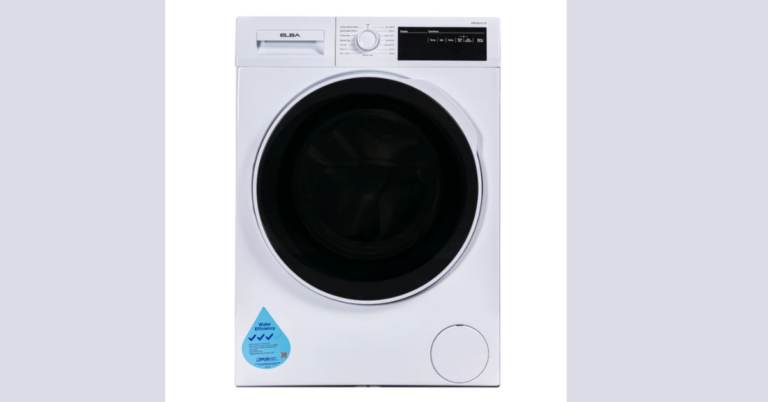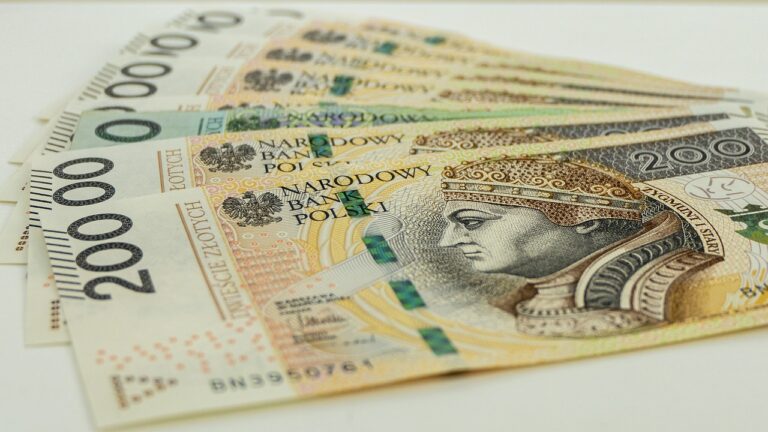Trends in Sustainable Fashion: Ethical Practices and Eco-friendly Materials
As consumers become more aware of the environmental and social impact of the fashion industry, the demand for sustainable and ethical practices has been on the rise. Brands are increasingly taking steps to improve their supply chain transparency, reduce carbon emissions, and ensure fair labor conditions for workers. By incorporating eco-friendly materials, such as organic cotton or recycled polyester, into their designs, fashion companies are making strides towards a more sustainable future.
Ethical practices in the fashion industry go beyond just production methods; they also encompass the treatment of workers throughout the entire supply chain. Fair wages, safe working conditions, and respect for workers’ rights are essential components of ethical fashion. Consumers are now looking beyond just the aesthetic appeal of clothing and are actively seeking out brands that align with their values of social and environmental responsibility. By supporting ethical fashion brands, individuals can contribute to a more sustainable and equitable fashion landscape.
The Rise of Vegan Leather in Fashion
Vegan leather has emerged as a popular alternative in the fashion industry, offering a cruelty-free option for consumers who seek sustainable and ethical products. Made from a variety of materials such as pineapple leaves, cork, and recycled plastics, vegan leather provides a stylish and eco-friendly choice for fashion-forward individuals.
The rise of vegan leather has been fueled by a growing awareness of the environmental impact of traditional leather production. With concerns over deforestation, water pollution, and animal welfare, many designers and brands are turning to vegan leather as a more responsible and humane option. This shift towards sustainable materials signifies a broader movement within the fashion industry towards more mindful and ethical practices.
• Vegan leather offers a cruelty-free option for consumers
• Made from materials like pineapple leaves, cork, and recycled plastics
• Provides a stylish and eco-friendly choice for fashion-forward individuals
The environmental impact of traditional leather production has led to the rise of vegan leather in the fashion industry. Concerns over deforestation, water pollution, and animal welfare have prompted designers and brands to adopt vegan leather as a more responsible and humane alternative. This shift towards sustainable materials reflects a larger movement within the fashion industry towards more mindful and ethical practices.
Vegan leather is becoming increasingly popular among consumers who are conscious of their environmental footprint. As demand for sustainable products grows, more designers are incorporating vegan leather into their collections. With its versatility and durability, vegan leather is proving to be not only fashionable but also environmentally friendly.
Circular Fashion: Reducing Waste in the Industry
In the quest for sustainable solutions within the fashion industry, circular fashion has emerged as a promising approach to reduce waste and promote a more eco-friendly mindset among consumers. This concept focuses on keeping garments and materials in use for as long as possible, thus minimizing the significant environmental impact typically associated with the fast fashion industry. By embracing principles such as reusing, recycling, and upcycling, circular fashion aims to disrupt the linear model of production and consumption that has long prevailed in the fashion world.
Through the implementation of innovative technologies and processes, fashion brands are now exploring ways to close the loop and create a more sustainable ecosystem within the industry. By designing products that are durable, repairable, and recyclable, these brands are not only reducing their carbon footprint but also encouraging a shift towards conscious consumerism. Circular fashion offers a unique opportunity to challenge the traditional norms of the industry and pave the way for a greener and more ethical future in fashion.
What is circular fashion?
Circular fashion refers to a sustainable approach to the fashion industry that aims to reduce waste and promote the recycling and reusing of materials.
How does circular fashion help reduce waste?
Circular fashion helps reduce waste by promoting the use of eco-friendly materials, encouraging recycling and upcycling of clothes, and implementing efficient production and distribution processes.
What are some examples of sustainable and ethical practices in fashion?
Sustainable and ethical practices in fashion include using organic and sustainable materials, ensuring fair wages and working conditions for workers, and minimizing the environmental impact of the production process.
How has vegan leather made an impact in the fashion industry?
Vegan leather has become increasingly popular in the fashion industry as a cruelty-free and sustainable alternative to traditional leather. It helps reduce the demand for animal products and minimizes the environmental impact of leather production.
How can consumers support circular fashion initiatives?
Consumers can support circular fashion initiatives by choosing to buy from sustainable and ethical fashion brands, recycling and donating their clothes, and advocating for transparency and accountability in the fashion industry.







